
A report on Medicaid and Medicare fraud, excessive waste, and frivolous expenditures-all at the expense of those who suffer from psychiatric illness.

A report on Medicaid and Medicare fraud, excessive waste, and frivolous expenditures-all at the expense of those who suffer from psychiatric illness.

What is behind the glaring lack of controls over prescription drug costs, even for everyday medications?

The Medici effect is upon us in biomedicine, and it’s called convergence science.

In this issue of Psychiatric Times, the authors cover climate change, women's health issues, forensic psychiatry, addiction and AIDS, cultural psychiatry, and other clinically useful topics.

There is an impressive array of presentations and speakers at an upcoming meeting, the only one in the country to address behavioral emergencies in the acute care setting.
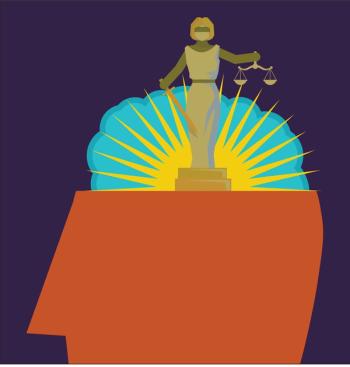
With a consistent and evolving presence in the US, forensic psychiatry has grown increasingly complex, with many specialty areas under its subspecialty umbrella.

The stories of two psychiatrists who died recently-one who passed away gently at the end of a long life; the other died violently, much too soon.
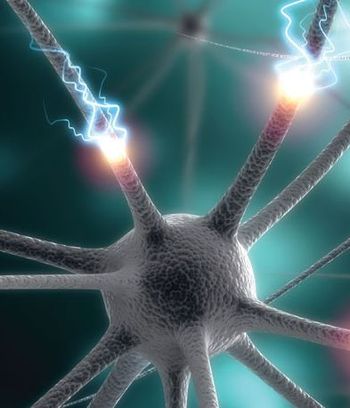
The Editor in Chief of Psychiatric Times discusses some of our new initiatives to bring readers the most up-to-date information in the field of psychiatry.
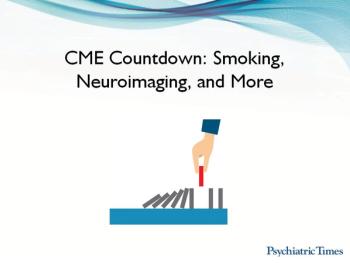
Continuing medical education activities for clinicians who seek to improve their care for patients with mental health disorders.

Don't miss the June 28th issue of the New York Times magazine with a special series on psychiatric issues that illustrate for general readers some of the most important - and exciting - advances in our field.

"The time is right to use research-informed interventions and implementation strategies to address the quality chasm for mental health care," says to NIMH Director Insel.

Telehealth is at a tipping point and is gaining momentum. Although there are some technological and logistical hurdles, most clinicians would likely find these to be minor and outweighed by the benefits of expanding access to mental health care to those in need.

To some external observers, it may seem like psychiatrists just go through the complicated mechanics of making a diagnosis, developing a treatment plan, and prescribing needed interventions. But there is so much more to it.

Trying to change behavior-in programs as well as people-often evokes tenacious resistance. Writing for the better can become a vehicle for that change.

Like residency, the Tibetan Buddhist tradition of Sand Mandalas requires teamwork to accomplish a common goal. The group effort by both Sand Mandalas and residents results in a transformative experience.

A great psychiatrist knows the disease, the person with the disease, and the way the two interact. Here are tips from a clinician who has devoted his career to treating psychiatric disorders.
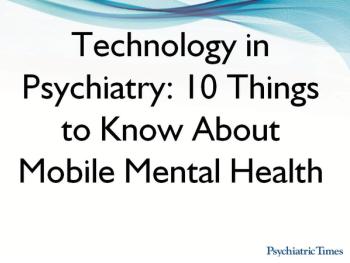
Many questions remain about privacy, ethics, and clinical utility, but the fact remains, mobile is the fastest growing technology in human history.
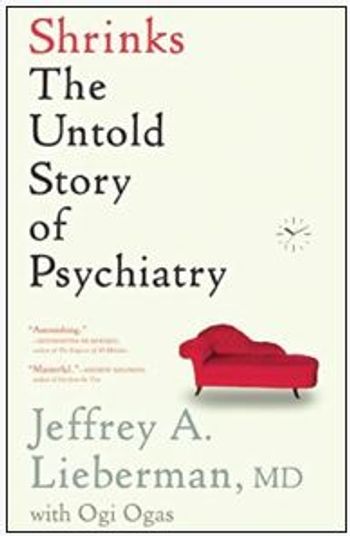
The author of this book tells the story of the evolution of psychiatry from a place of skepticism and distain to its more recent emergence as a modern neuroscience.

Critics of psychiatry claim there is an “epidemic” of mental illness in the US-and some argue this is a consequence of psychiatric treatment. But the best epidemiological evidence reveals no such epidemic in this country, rendering the iatrogenic “explanation” null and void.

A Q&A with a board-certified psychiatrist, whose radio show has become a vehicle for hundreds of hidden experiences to be brought into the light and transformed into inspiring narratives.

There is a myth circulating in the blogosphere-usually among the most extreme critics of our profession-that there exists some monolithic entity called “Psychiatry” (with a capital “P”).

So many had stared at John Nash, for different reasons, at different times. Now that his own stare is frozen in time, the challenge is to understand the meaning of the stares that he had received during his life.
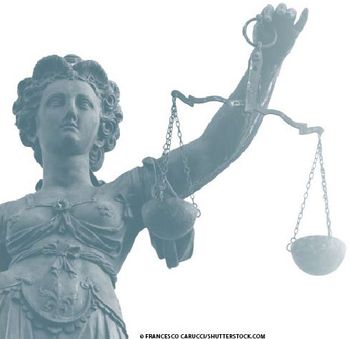
In this article, the author covers some basic mapractice concepts and briefly address 2 key issues that frequently arise in the course of psychiatric malpractice litigation: documentation and the defendant psychiatrist’s deposition.
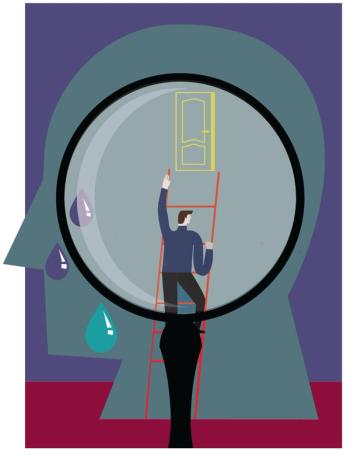
After being sued for psychiatric malpractice and enduringa 4-year roller-coaster ride of fear, hope, hard work, anxiety, and detachment, the author passes along lessons learned.

It is a source of shame for our nation that for most Americans in need-especially those with serious mental illness-the mental health system is dysfunctional. Nevertheless, we can fix some of the ways the system is broken.